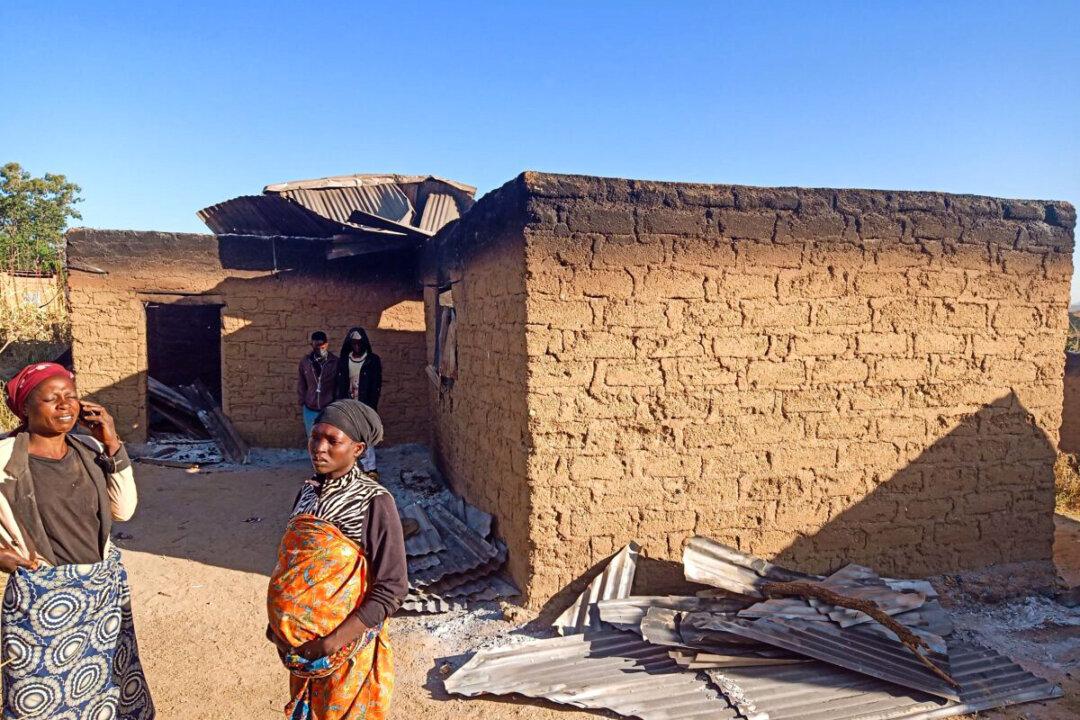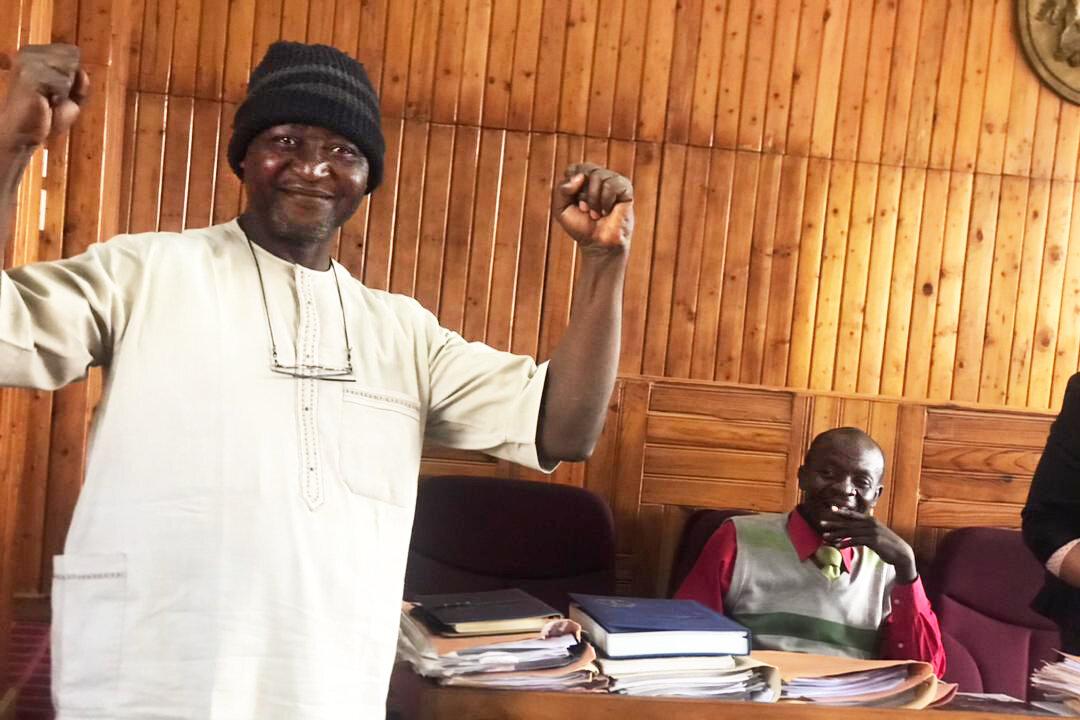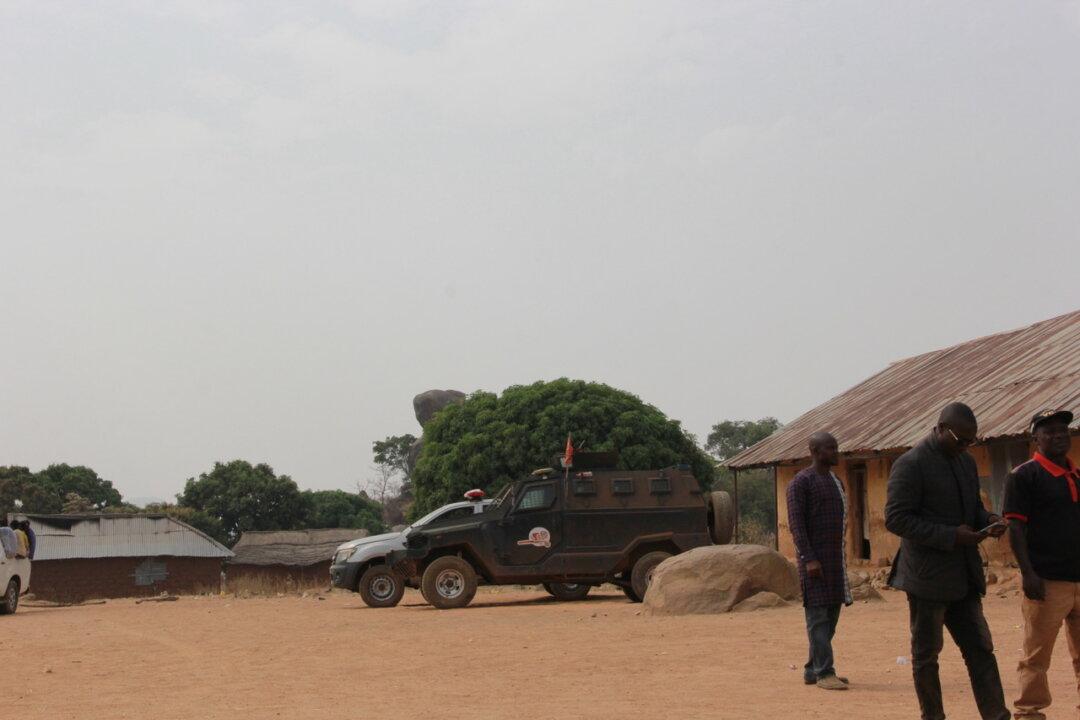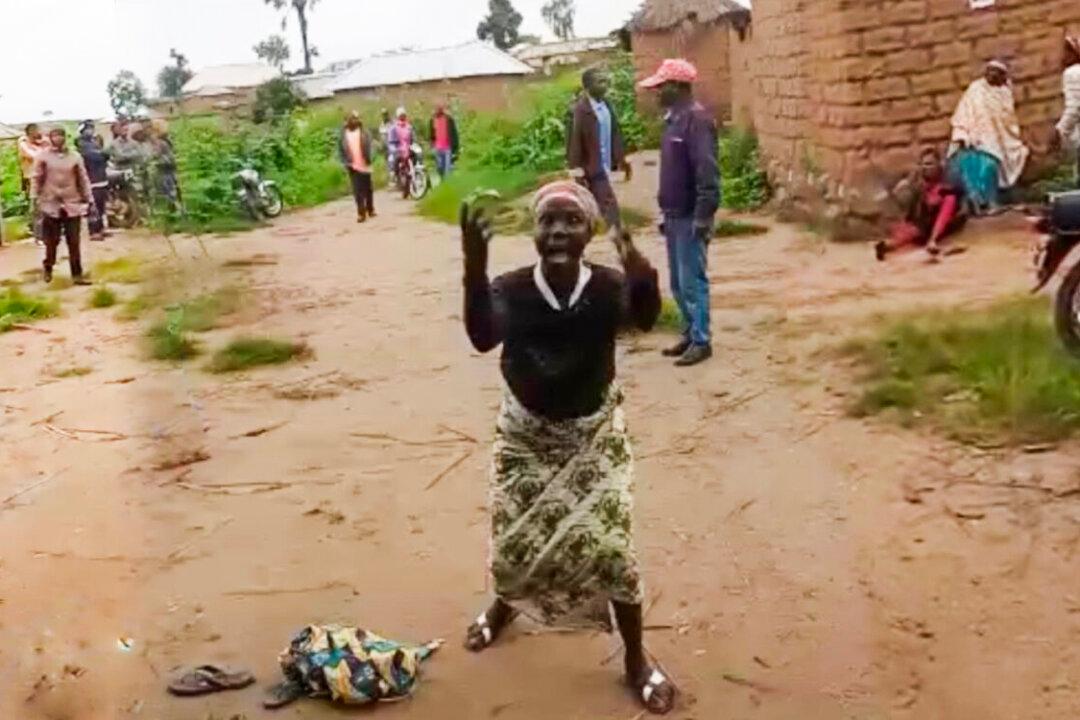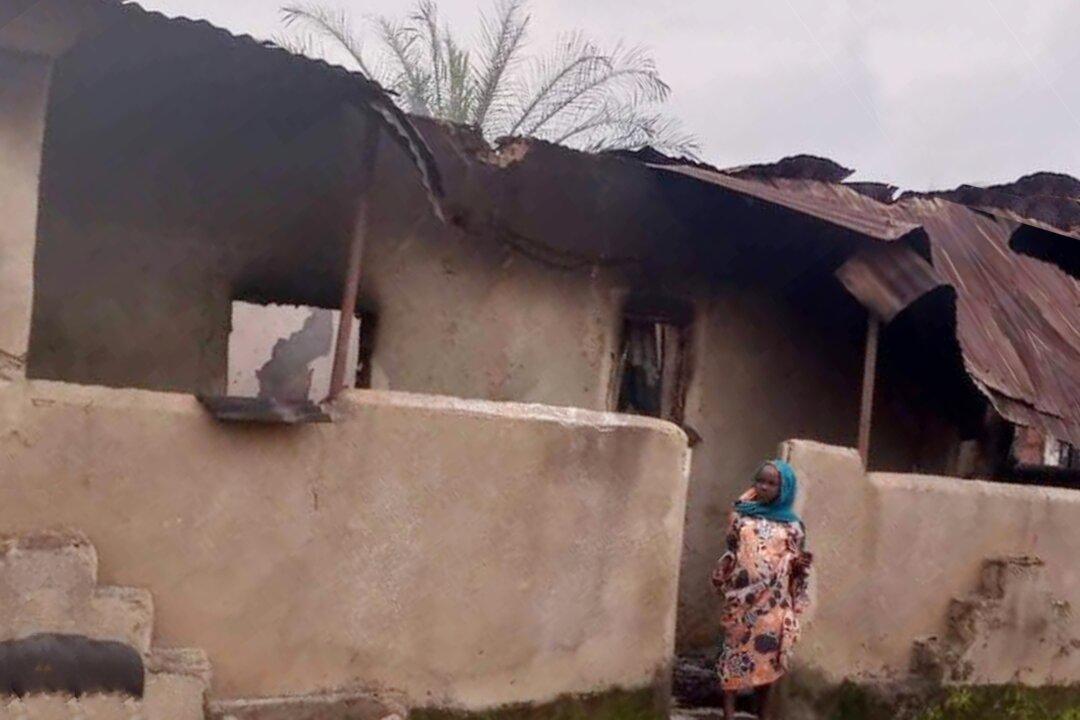Residents of an embattled town in Nigeria are bracing for another mass attack by radicalized militias that have threatened to kill the entire population. The threat came from a caller whose number was found on a cell phone dropped in the dirt during a night attack on Nov. 26 that massacred 10 unarmed residents in the Nigerian village of Te’egbe, located 18 miles west of Jos, Nigeria, the capital of Plateau state.
The threat was made to the leader of an armed neighborhood watch team who called numbers on the phone before surrendering it to local officials. The watch leader asked for his name to be withheld for fear of retaliation by terrorists or by the authorities themselves.
